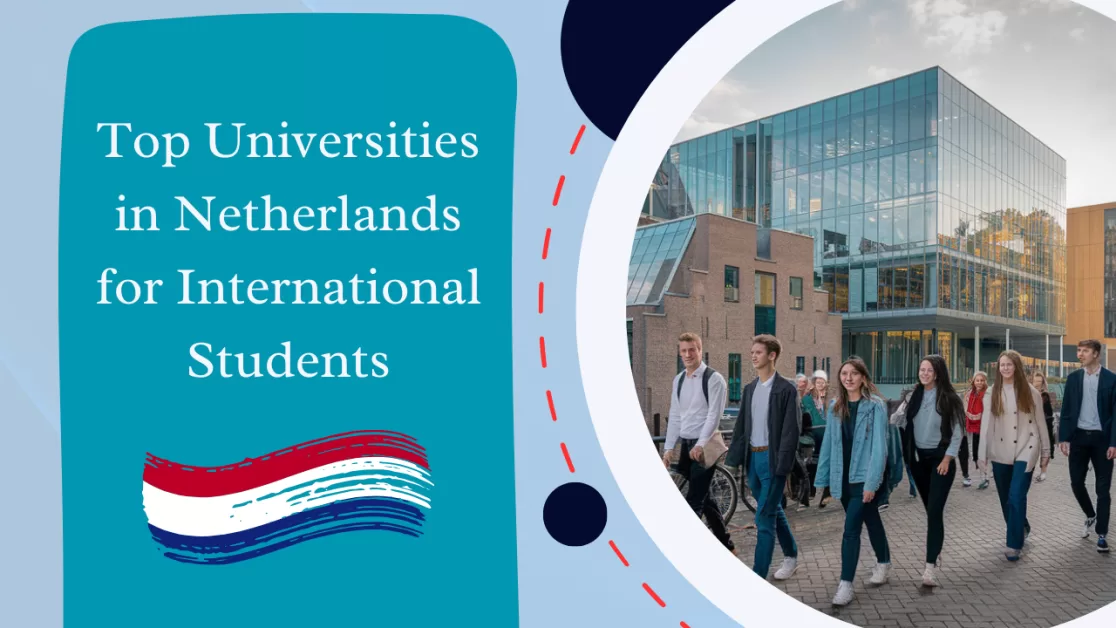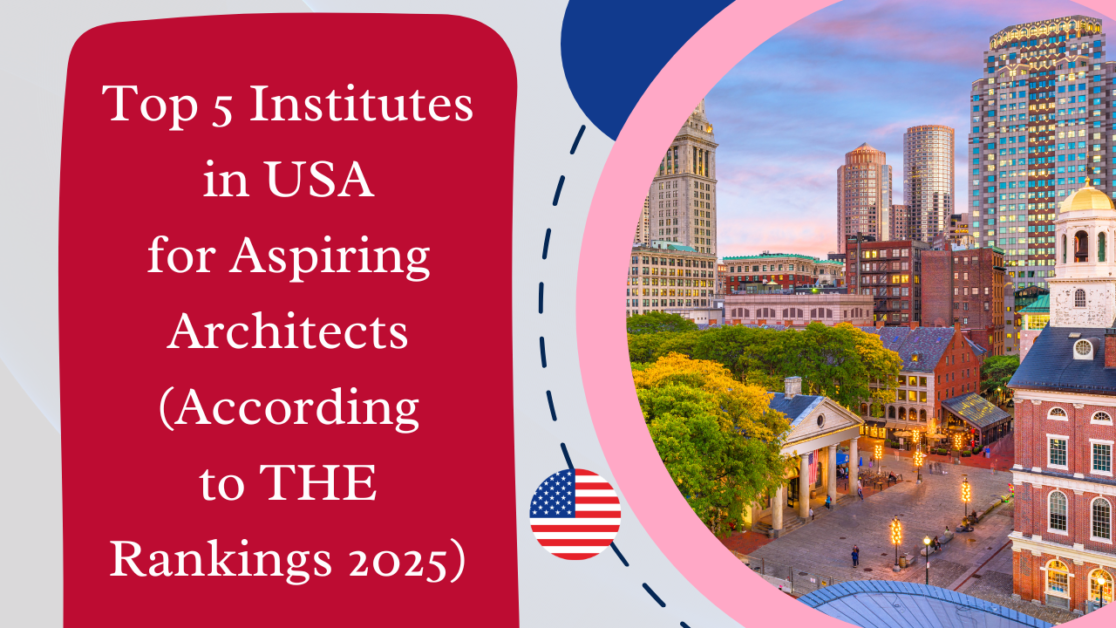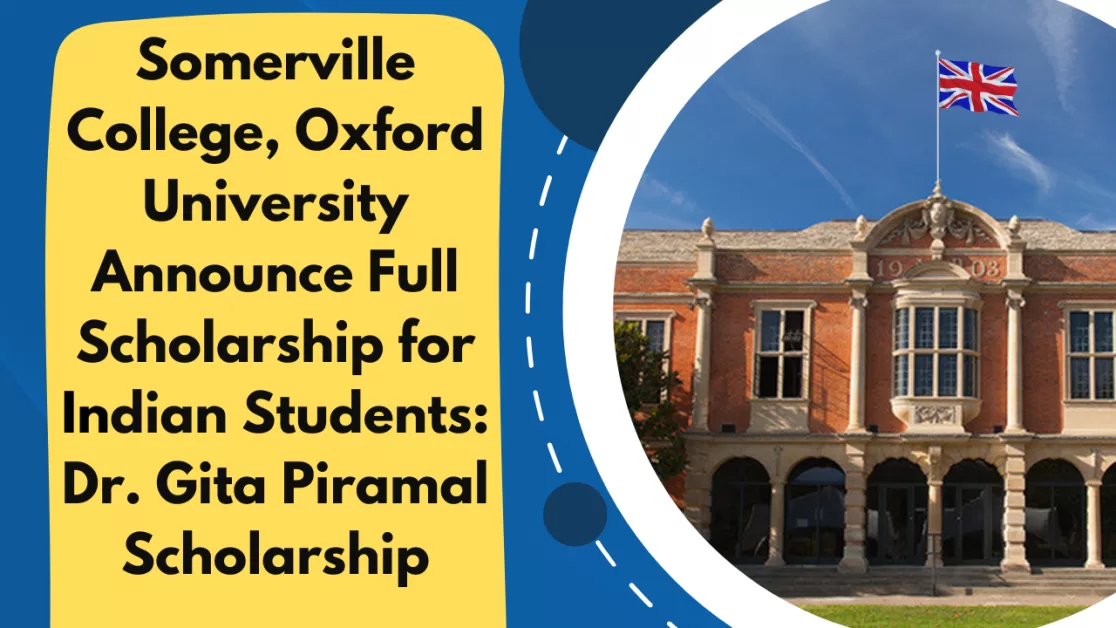
The Netherlands stands as a beacon of academic excellence, drawing thousands of international students each year to its world-renowned universities. With 13 Dutch institutions ranking among the world’s top 200 universities, this small European nation has emerged as a global education powerhouse.
From cutting-edge research facilities to English-taught programs, Dutch universities offer an unparalleled blend of quality education and cultural diversity. The country’s innovative teaching methods, coupled with its rich historical heritage and vibrant student life, create an exceptional learning environment that prepares students for global success. Moreover, the relatively affordable tuition fees compared to other popular study destinations make the Netherlands an increasingly attractive choice for international scholars.
This comprehensive guide explores everything aspiring students need to know about pursuing higher education in the Netherlands – from top-ranked institutions and program requirements to practical aspects like living costs and post-graduation opportunities. Let’s delve into what makes Dutch universities a preferred choice for international students and how to navigate the journey toward studying in this progressive educational hub.
Table of Contents
Best-Ranked Universities
University of Amsterdam
The University of Amsterdam (UvA) stands as the Netherlands’ largest public research institution, ranking consistently among the top 100 universities worldwide. Established in 1632, UvA offers over 200 English-taught programs across seven faculties. The university particularly excels in:
Social Sciences and Humanities
Economics and Business
Natural Sciences
Medicine
Delft University of Technology
TU Delft represents the Netherlands’ oldest and largest technical university, renowned for:
Engineering and Technology programs
Architecture
Industrial Design
Applied Sciences
Erasmus University Rotterdam
Located in the dynamic port city of Rotterdam, Erasmus University specializes in:
Business Administration
Economics
Medicine and Health Sciences
Law and Public Policy
Utrecht University
Founded in 1636, Utrecht University combines historical prestige with modern innovation, featuring strong programs in:
Life Sciences
Natural Sciences
Humanities
Social Sciences
University | QS World Ranking | Notable Strengths |
|---|---|---|
University of Amsterdam | 55 | Research Output, Social Sciences |
| TU Delft | 49 | Engineering, Technology |
Erasmus University | 158 | Economics, Business |
Utrecht University | 105 | Life Sciences, Research |
These institutions maintain high academic standards while offering extensive support services for international students. Each university provides unique specializations and research opportunities, contributing to the Netherlands’ reputation as a global education hub.
The caliber of these universities is further evidenced by their strong industry connections, research output, and international collaboration networks. Their programs typically combine theoretical knowledge with practical application, preparing students for global careers.
Study Programs and Language Requirements

English-taught Programs
Dutch universities offer an extensive range of English-taught programs, particularly at the master’s level. Over 2,100 programs are conducted entirely in English, making the Netherlands one of Europe’s leading destinations for English-medium education.
Program Level | Number of English Programs | Popular Fields |
|---|---|---|
Bachelor’s | 400+ | Business, Engineering, Computer Science |
Master’s | 1,700+ | Data Science, International Relations, Life Sciences |
PhD | All programs | All research fields |
Dutch Language Prerequisites
While most academic programs are available in English, certain courses may require Dutch proficiency:
Medicine and Law programs typically require Dutch language skills
Bachelor’s programs in Dutch universities often require NT2 (Dutch as Second Language) certification
Some specialized vocational programs mandate basic Dutch knowledge
Language Support Services
Universities provide comprehensive language support to international students:
Free Dutch language courses for enrolled students
Intensive summer language programs
Language exchange partnerships with local students
Online learning platforms and resources
Writing centers for academic English support
Conversation groups and cultural exchange activities
The extensive availability of English-taught programs, combined with robust language support services, creates an accessible academic environment for international students. Most universities maintain dedicated language centers that offer year-round support, ensuring students can develop both their academic English and Dutch language skills throughout their studies.
With clear understanding of language requirements, the next crucial aspect to consider is the admission requirements for Dutch universities.
Admission Requirements

Academic Prerequisites
Dutch universities maintain rigorous academic standards for international admissions. Bachelor’s programs typically require a secondary school diploma equivalent to the Dutch VWO diploma. Master’s programs necessitate a relevant bachelor’s degree with a minimum GPA of 7.5 out of 10 in the Dutch grading system.
|
Degree Level |
Academic Requirements |
Minimum GPA |
|---|---|---|
|
Bachelor’s |
Secondary diploma equivalent to VWO |
6.5/10 |
|
Master’s |
Related bachelor’s degree |
7.5/10 |
Language Proficiency Tests
International students must demonstrate English proficiency through standardized tests:
-
IELTS: Minimum score of 6.5 overall
-
TOEFL iBT: Minimum score of 90
-
Cambridge C1 Advanced: Minimum grade C
Application Deadlines
Key application periods for international students:
-
EU/EEA students: May 1st for September intake
-
Non-EU/EEA students: February 1st for September intake
-
Selected programs may have earlier deadlines
Visa Requirements
Non-EU/EEA students require:
-
MVV (entry visa)
-
Residence permit
-
Proof of sufficient funds
-
Health insurance coverage
Required Documentation
Essential documents for admission:
-
Certified copies of academic transcripts
-
Diploma or graduation certificate
-
Language test results
-
Motivation letter
-
Letters of recommendation
-
Copy of valid passport
-
Curriculum vitae
With the admission requirements clearly outlined, understanding the financial aspects of studying in the Netherlands becomes the next crucial consideration.
Living Costs and Financial Considerations

Tuition Fee Ranges
Tuition fees in Dutch universities vary based on student nationality and program level:
Student Category | Bachelor’s (per year) | Master’s (per year) |
|---|---|---|
EU/EEA Students | €2,314 | €2,314 |
Non-EU/EEA Students | €8,000 – €15,000 | €12,000 – €20,000 |
MBA/Specialized Programs | Not Applicable | €20,000 – €30,000 |
Scholarship Opportunities
Several funding options are available for international students:
Holland Scholarship Program (€5,000 one-time grant)
Orange Knowledge Programme
University-specific merit scholarships
NUFFIC Scholarships
Erasmus+ Program (for EU students)
Student Housing Costs
Monthly accommodation expenses vary by city and housing type:
Housing Type | Monthly Cost Range |
|---|---|
Student Residence | €300 – €600 |
Shared Apartment | €400 – €800 |
Private Studio | €600 – €1,200 |
University Housing | €350 – €550 |
Additional monthly living expenses include:
Food and groceries: €200-300
Health insurance: €100-120
Public transport: €50-100
Study materials: €50-100
Entertainment: €100-150
The total monthly budget required for international students ranges from €800-€1,200, excluding tuition fees. Major cities like Amsterdam and Rotterdam typically require higher budgets compared to smaller university towns such as Wageningen or Tilburg.
Now, let’s explore the vibrant student life and comprehensive support services available at Dutch universities.
Student Life and Support Services

International Student Offices
Dutch universities maintain dedicated international student offices that serve as primary support hubs. These offices provide essential services including:
Visa and residence permit assistance
Housing guidance
Registration support
Cultural adjustment counseling
Academic advising
Career Services
Career development centers offer comprehensive support for professional growth:
Service Type | Description |
|---|---|
Career Counseling | One-on-one guidance sessions |
Job Portals | Exclusive access to Dutch job markets |
CV Workshops | Resume optimization for Dutch employers |
Networking Events | Industry connections and job fairs |
Cultural Integration Programs
Universities facilitate smooth cultural transition through structured programs:
Buddy systems pairing local and international students
Language exchange initiatives
Cultural workshops and events
Integration activities with local communities
Healthcare and Insurance
Comprehensive healthcare support includes:
Mandatory health insurance guidance
On-campus medical facilities
Mental health counseling
Sports and wellness centers
Emergency medical assistance
Dutch universities prioritize student welfare through integrated support systems. These services ensure international students receive comprehensive assistance throughout their academic journey. The combination of professional guidance, healthcare support, and cultural integration programs creates an enabling environment for academic success. Building on this robust support framework, research opportunities at Dutch universities offer additional pathways for academic and professional development.
Research Opportunities

Research Facilities
Dutch universities maintain state-of-the-art research facilities across various disciplines. Leading institutions offer:
Facility Type | Features |
|---|---|
Laboratories | Advanced equipment, specialized testing centers |
Innovation Hubs | Collaborative spaces, prototyping facilities |
Digital Infrastructure | High-performance computing, data centers |
Research Libraries | Extensive digital and physical collections |
Industry Connections
The Netherlands fosters strong academia-industry partnerships through:
Technology Transfer Offices (TTOs) at major universities
Joint research projects with multinational companies
Industry-sponsored PhD positions
Regular industry networking events and symposiums
Access to innovation clusters and science parks
International Collaborations
Dutch research institutions actively participate in global research networks:
Membership in prestigious research consortiums
Cross-border research projects with European universities
Exchange programs for researchers
International funding opportunities
Participation in EU research initiatives
Research excellence in Dutch universities is further strengthened by:
Research Aspect | Benefits |
|---|---|
Funding | Access to national and EU grants |
Publications | High-impact journal contributions |
Patents | Strong intellectual property support |
Networks | Global research community access |
The robust research infrastructure at Dutch universities creates an ideal environment for groundbreaking discoveries and innovations. These research opportunities lay a strong foundation for advancing scientific knowledge while preparing students for successful careers in academia and industry. Student life and support services complement these research facilities by providing comprehensive assistance throughout the academic journey.
Post-Graduation Prospects

Work Permit Options
International graduates from Dutch universities benefit from favorable immigration policies. The “orientation year” permit allows graduates to stay in the Netherlands for up to 12 months to seek employment. During this period, no work permit is required, and graduates can work without restrictions.
|
Permit Type |
Duration |
Requirements |
Benefits |
|---|---|---|---|
|
Orientation Year |
12 months |
Completed degree in NL |
Unrestricted work access |
|
Highly Skilled Migrant |
5 years |
Job contract + salary threshold |
Path to permanent residence |
|
Self-employed |
2 years |
Business plan + investment |
Entrepreneurship opportunity |
Job Market Overview
The Dutch job market presents robust opportunities for international graduates, particularly in:
-
Technology and IT sectors
-
Engineering and manufacturing
-
Finance and business services
-
Research and development
-
Healthcare and life sciences
The average starting salary for university graduates ranges from €2,500 to €3,500 per month, with higher rates in specialized fields.
Alumni Networks
Dutch universities maintain extensive alumni networks that provide:
-
Career development resources
-
Professional networking events
-
Mentorship programs
-
Job placement assistance
-
Industry connections
These networks often collaborate with multinational companies, creating valuable opportunities for international graduates. Major Dutch universities organize regular career fairs and recruitment events, connecting alumni with potential employers.
The combination of favorable immigration policies, strong economic sectors, and established professional networks makes the Netherlands an attractive destination for career development after graduation. Many international graduates successfully integrate into the Dutch professional landscape, building rewarding careers in their chosen fields.
Conclusion
The Netherlands stands as a premier destination for international higher education, offering world-class universities, diverse study programs, and excellent research opportunities. From renowned institutions like TU Delft and University of Amsterdam to comprehensive student support services, Dutch universities provide an optimal environment for academic and personal growth. The combination of English-taught programs, reasonable living costs, and strong post-graduation career prospects makes Dutch higher education particularly attractive for international students.
Prospective students considering the Netherlands for their educational journey should start their application process early, thoroughly research program requirements, and explore available funding options. The country’s innovative research culture, multicultural environment, and high quality of life create an exceptional academic experience that prepares students for successful global careers. Take the first step toward world-class education by exploring these top Dutch universities and their offerings.
Ready to explore? Start your visa application today and get one step closer to your adventure!
Don’t let uncertainties hold you back. Our team of expert overseas education consultants is readily available to assist you. Whether you have inquiries about:
- Specific document requirements
- Interview preparation tips
- Visa application timelines
We’re ready to provide personalized guidance tailored to your unique situation. Get in Touch Today at: +919041818122 and begin your journey with Vrinda International.
The information provided in this blog is for general guidance purposes only. Visa policies, application procedures, and fees are subject to change without prior notice. For the most accurate and up-to-date details, we recommend contacting us directly or consulting official sources. Feel free to reach out to us for personalized assistance with your visa application or travel needs.
Frequently Asked Questions (FAQ)
1. What are the top universities in the Netherlands for international students?
Some of the top universities in the Netherlands for international students include:
- Delft University of Technology (TU Delft)
- University of Amsterdam (UvA)
- Leiden University
- Utrecht University
- Eindhoven University of Technology
- Wageningen University & Research (WUR)
- Amsterdam University of Applied Sciences (AUAS)
- Maastricht University
These universities offer a wide range of English-taught programs and have strong international reputations.
2. Are all programs in Dutch, or are there English-taught courses?
Most universities in the Netherlands offer a wide variety of English-taught programs, especially at the postgraduate level. Bachelor’s programs in English are also becoming increasingly common, particularly in fields such as engineering, business, and social sciences.
3. Do I need to speak Dutch to study in the Netherlands?
No, most universities offer English-taught programs, so proficiency in Dutch is not required for international students. However, learning basic Dutch can be beneficial for daily life and making connections with locals.
4. What are the admission requirements for international students?
Admission requirements typically include:
- A recognized secondary school diploma (for bachelor’s programs) or a relevant undergraduate degree (for master’s programs).
- Proof of English proficiency (e.g., TOEFL, IELTS, or Cambridge scores).
- Some programs may require specific subject qualifications or an entrance exam.
- A motivation letter, recommendation letters, and a CV may also be required.
Check the specific university and program for detailed requirements.
5. How much does it cost to study in the Netherlands as an international student?
Tuition fees for international students vary by program and university, typically ranging from €6,000 to €20,000 per year for non-EU/EEA students. EU/EEA students generally pay lower tuition fees. Additionally, living costs in the Netherlands are around €800 to €1,200 per month, including accommodation, food, and personal expenses.
6. Are there scholarships available for international students?
Yes, many universities offer scholarships for international students. Some of the most popular scholarships include:
- Holland Scholarship
- Erasmus Mundus Scholarships
- Orange Tulip Scholarship Program
- University-specific scholarships (e.g., University of Amsterdam’s Amsterdam Excellence Scholarships).
It’s essential to check the specific eligibility and application deadlines for each scholarship.
7. Can international students work while studying in the Netherlands?
Yes, international students from outside the EU/EEA can work up to 16 hours per week during the semester or full-time during the summer months (June to August). Students from the EU/EEA do not have a work limit. Keep in mind that working is optional and should not interfere with your studies.
8. How can I apply for a student visa to the Netherlands?
To study in the Netherlands, non-EU/EEA students need a residence permit for study purposes. After being admitted to a university, the institution will assist you with the application process for the student visa and residence permit. You will need to provide documents such as proof of financial means, health insurance, and acceptance into an accredited program.
9. What is the student accommodation situation like in the Netherlands?
Accommodation options for international students include university dorms, private rentals, and shared apartments. However, student housing can be competitive, particularly in major cities like Amsterdam and Rotterdam. It’s advisable to start looking for housing early, and some universities may provide support in securing accommodation.
10. What is life like for international students in the Netherlands?
The Netherlands is known for its high quality of life, diverse culture, and student-friendly atmosphere. International students will find a welcoming environment with plenty of opportunities to explore Dutch culture, travel across Europe, and participate in extracurricular activities. English is widely spoken, making it easier to integrate and enjoy life as a student.
11. Can international students stay in the Netherlands after graduation to work?
Yes, international students can apply for a Dutch Orientation Year Visa (zoekjaar), which allows graduates to stay for up to one year after completing their studies to look for a job. Once employed, you can apply for a work permit and stay longer in the Netherlands.
12. How can I improve my chances of admission to a Dutch university?
To improve your chances of admission:
- Maintain strong academic performance and provide relevant documents (transcripts, certificates).
- Demonstrate your English proficiency through test scores (TOEFL/IELTS).
- Write a compelling motivation letter explaining why you want to study in the Netherlands and why you’re a suitable candidate.
- Get good recommendations from teachers or employers.
- Check the specific program’s requirements and deadlines.
13. How is the quality of education in the Netherlands?
The Netherlands is known for its high standard of education, particularly in fields like engineering, business, and social sciences. Dutch universities emphasize research, innovation, and critical thinking. Many universities are ranked among the top globally, and the education system is internationally recognized for its quality and practicality.



